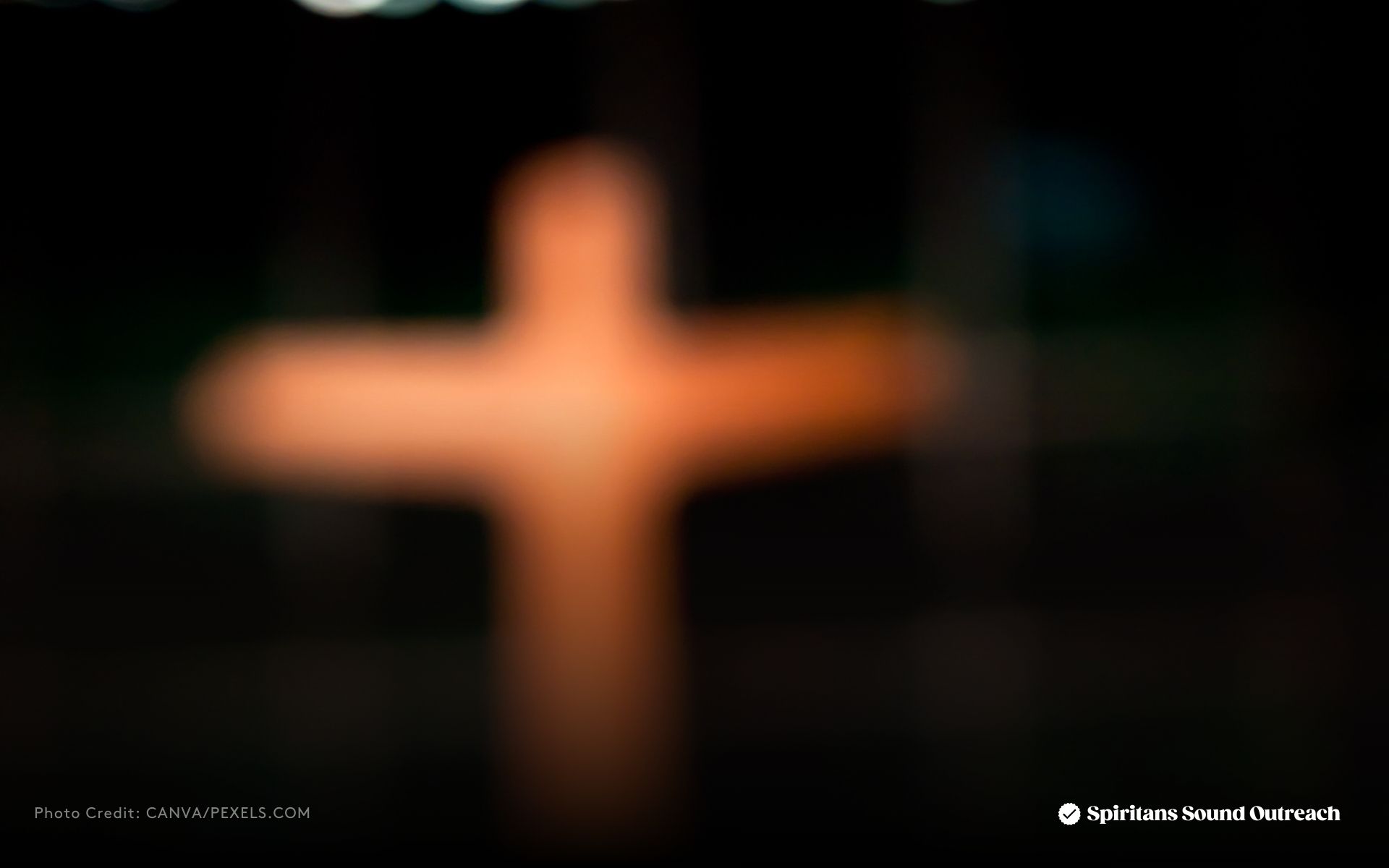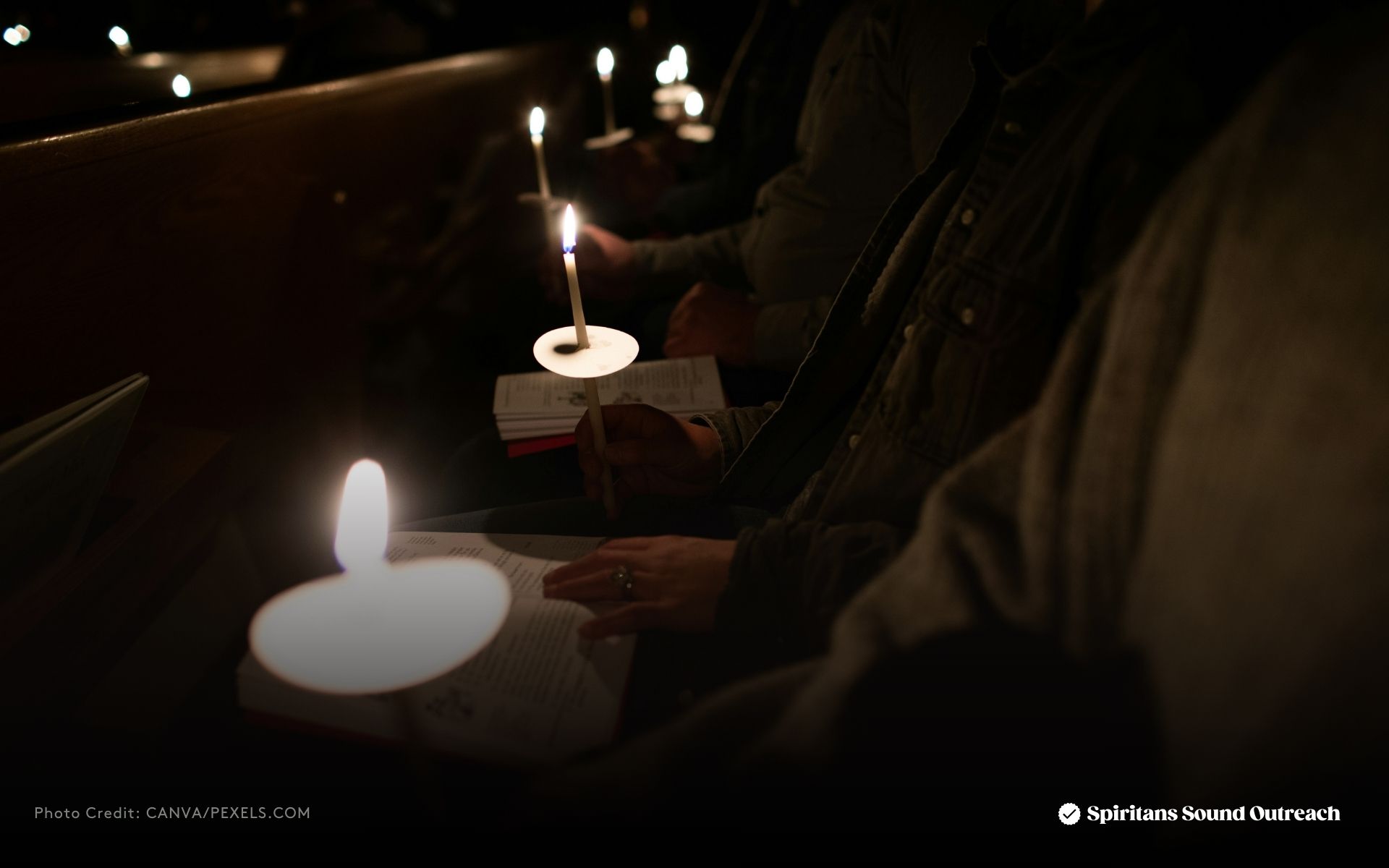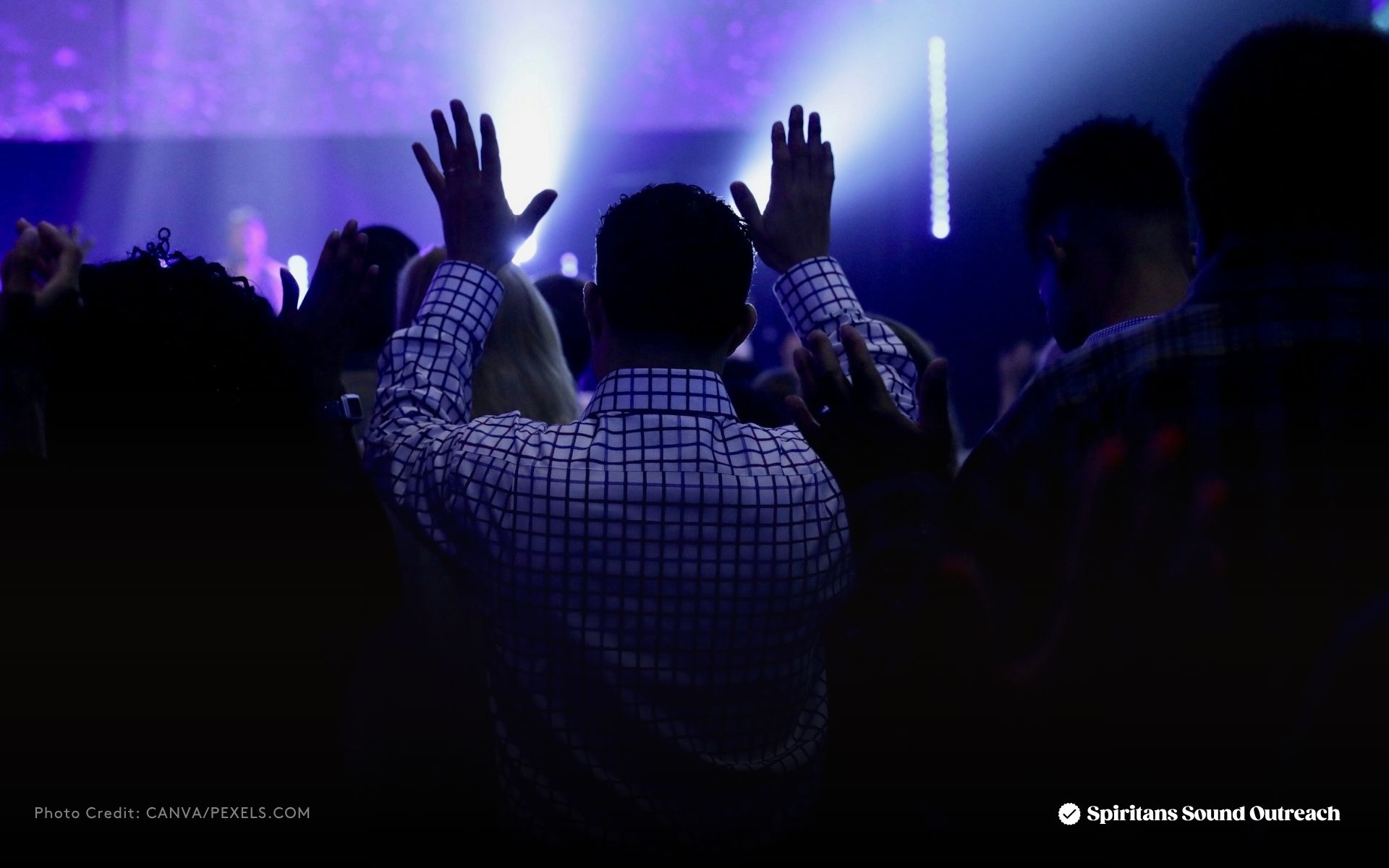THE FEAST OF THE EXALTATION OF THE HOLY CROSS
Numbers 21:4–9; Psalm 78; Philippians 2:6–11; John 3:13–17
Today, the Church invites us to gaze upon and truly exalt the Holy Cross—not as a mere symbol of suffering or death, but as the profound mystery of our salvation, the throne of divine love, and the greatest sign of hope for a broken world.
This year, although the Feast of the Exaltation of the Holy Cross falls on a Sunday—which would ordinarily be celebrated as a Solemnity of the Lord—the Church gives special priority to this feast because it, too, is a Feast of the Lord. In the liturgical hierarchy, feasts that directly honor Christ Himself can take precedence even over a Sunday in Ordinary Time. And so today, we joyfully set aside the regular Sunday in the Ordinary Season of the Year to lift high the Cross of Christ, and to reflect on its eternal meaning for our lives and for the world.
The readings of this Feast take us through the unfolding drama of salvation history. According to the first reading, in the wilderness, the Israelites grumbled against God and were punished by fiery serpents. Yet, in His mercy, God instructed Moses to make a bronze serpent and lift it up. Whoever looked upon it in faith was healed. What was once a sign of death became a sign of life. Jesus would later refer to this event when He told Nicodemus, “Just as Moses lifted up the serpent in the wilderness, so must the Son of Man be lifted up.” The ancient bronze serpent prefigures the Cross of Christ—where sin is judged and mercy flows for all who believe.
Saint Paul, in the second reading, gives us a glimpse into the mystery of Christ’s journey: though He was equal with God, He emptied Himself, taking the form of a servant, humbling Himself in obedience—even to the point of death on a Cross. And because of this, God highly exalted Him. Hence, in Christ, we see that the path to glory is not through domination, but through humility; not through grasping, but through surrender; not by escaping suffering, but by redeeming it.
In the Gospel, we are brought face to face with the motivation behind it all: “For God so loved the world that He gave His only Son.” This is the heart of the Cross—divine love poured out to the last drop. The Cross was not a mistake, not a failure, not a tragedy. It was the deliberate, saving plan of God, where love triumphed by embracing suffering, not avoiding it.
And yet, how easily the Cross is misunderstood or rejected today. We live in a time that is allergic to discomfort. Many seek a christianity without sacrifice, a faith without demands, a Savior without the Cross. Some have been led astray by what we call the “gospel of properties”—a false teaching that claims God’s blessings are always seen in wealth, prosperity, success, and health. According to this logic, if you’re suffering or lacking, then perhaps your faith is weak or you are not serving the ‘living’ God.
But this is not the Gospel of Jesus Christ. It is a distortion that misleads the people of God and ultimately weakens their faith. In fact, living a christian life is a cross on its own, unless we compromise. Some preachers today claim that if you are truly a child of God, you will never be poor, never be sick, and never have any problems. This is a serious error.
These preachers are misleading people. And what has been the result? So many sincere Christians have become confused and frustrated, because their real-life experiences of suffering, illness, or poverty don’t match these “sweet talks.” They begin to feel abandoned by God or ashamed of their faith.
No wonder many today are leaving Christianity altogether—some turning to idol worship, superstition, or even occult practices—in search of instant solutions, because they were not taught how to embrace the Cross. They were promised an easy road, and when it didn’t materialize, their trust in God was shattered. This is not the faith of the Apostles. It is not the faith of the Saints. It is not the faith of the Church.
Christianity would lose its very content if the idea of the Cross were removed from it. Without the Cross, Christianity becomes a hollow shell—a motivational talk, a prosperity scheme, or a social club. It loses its power to save, to transform, and to give eternal life. Research and experience have shown that the decline of authentic Christianity in many parts of the world, especially in our country Nigeria, began the moment preachers abandoned the message of the Cross and replaced it with sermons focused on material gain.
We exalt the Cross today not because we enjoy suffering, but because we believe in what God can do with it. On the Cross, Jesus turned shame into glory, death into life, pain into healing. In our own lives, too, God continues to work through the crosses we carry—those hidden burdens, family struggles, losses, disappointments, and trials. When united with Christ, none of it is wasted.
Today, the Church reminds us: Do not be ashamed of the Cross. Do not run from it. Do not trade it for the passing pleasures of this world. Do not be deceived by any gospel that promises glory without sacrifice, or heaven without a cross. That is not Christianity. That is a counterfeit.
Our faith teaches us that suffering, when embraced in Christ, leads to resurrection. The Cross is the only ladder high enough to reach heaven. It is the sign that marks us as disciples and the key that unlocks eternal life.
So as we celebrate this great feast, let us look upon the Cross with eyes of faith. Let it shape our values, our choices, our families, and our priorities. Let it strengthen us in times of trial, and remind us that we are not alone. Christ has gone before us, and He goes with us still.
May the Cross of Christ be lifted high in your heart—not as a burden, but as a banner of victory. May you find in it the courage to endure, the grace to forgive, and the strength to love even when it hurts. And may we all, by embracing our crosses, come to share in the glory of His resurrection. Amen!
Stay blessed
Rev’d Fr Andrew Dare Odeyemi








